
Classroom discussion
YU Guangzhong, “Nostalgia”
PAI Hsien-yung, “A Touch of Green”
SU Weizhen, “The End of the Military Family Village”
CHU T’ien-hsin, “The Old Capital”
Classroom discussion
The Old Capital title has layers of meaning behind it. Kyoto, once the capital of Japan is contrasted with Tokyo, the current capital of Japan. The ancient feeling of Kyoto is also contrasted with the constantly changing Taipei, the current capital of Taiwan. Another layer is Nanjing, the capital of China’s eastern Jiangsu province, which used to be spelled Nanking contrasted to Taipei. Between 1945-1949, many mainland Chinese fled to Taipei and consider the old capital to be Nanking (the old spelling).
The Democratic Progressive Party (DPP) prioritises assimilation. This can be seen through their actions of changing what was defined as old capitals in textbooks after they took over power in Taiwan. We discussed how changing names of places can cause a mother and daughter to have different connections to them, as well as different thoughts on where the names came from. In class, we discussed ways we could make a picture that connects different words that are in “Nostalgia.” We discussed how the stamp/letter and boat ticket could be going a certain direction, but it is likely going in both directions, further showing the relationships of people on both sides. We also talked about YU. He was outspoken about his anti-Communist views and many accused him of collaborating with the Nationalist government to suppress leftist writers.
When discussing “A Touch of Green”, we listened to a song that is based off of it. The song and video showed a couple falling in love in mainland China. The man was in the air force. After being defeated, and suffering the resulting loss of lives, the family moved to Taipei. Before the war, Verdancy, which means green/young/inexperienced, was naive. The experiences she went through during the civil war turned her into a mature woman who learned how to deal with separation. During the video, a group of women were playing Mahjong, a game known for its loud nature.
YU Guangzhong, “Nostalgia”
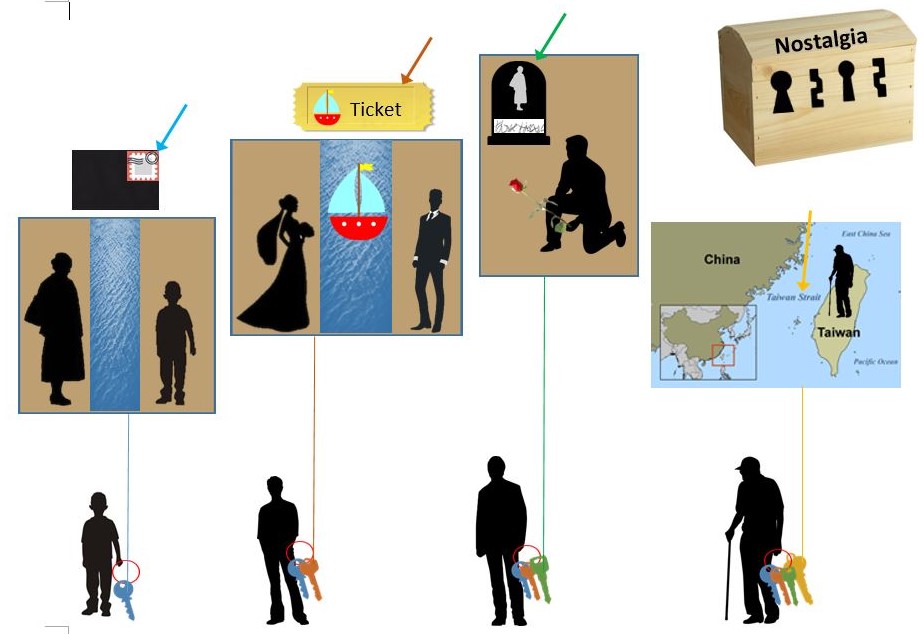
YU Guangzhong was born on Oct. 21, 1928, in Nanjing, which was then the capital of China. He was a college student in mainland China when his family joined the wave of Nationalists who fled to Taiwan after they were defeated by Mao Zedong’s Communists in the Chinese civil war in 1949. Though Taiwan and mainland China are separated only by a narrow strait, travel between the two was largely prohibited after 1949. He was uncertain of when, if ever, he would be able to return to his ancestral homeland. His poem, “Nostalgia,” vividly describes the flesh-and-blood relationship between people on both sides of the Taiwan Strait and YU’s homesickness at different ages. He said nostalgia was the “tiny stamp” on a letter, the “narrow boat ticket” for his bride, the “low, low grave” of his mother and the “shallow strait” dividing China and Taiwan. The adjectives YU uses are not accurate. The strait is not shallow and nostalgia is not small, like his poem suggests. This makes one stop and think about his intention for using these words. One thought, that is described in the picture above, is that these adjectives and items leave keys that unlock larger and heavier feelings, if one has the patience to find out. Another idea is that the use of small adjectives is a way to show how faint and distant the memories of his homeland are getting. After reading this poem, one may have imagined the stamp or boat ticket being sent over a certain way. In the picture above, the stamp and boat ticket are positioned between the two people because they could be going both ways. Presenting it in this manner shows the idea of presenting the relationship between people of both sides of the strait.
PAI Hsien-yung, “A Touch of Green”
The War Against Japan
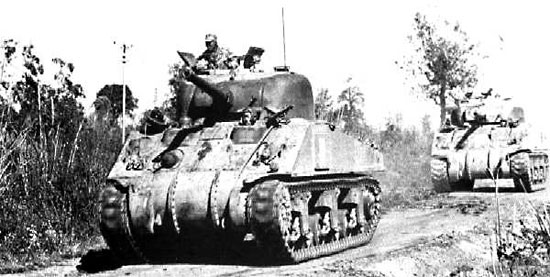
The story begins the year China defeated Japan in the second Sino-Japanese war. This war was the result of conflict that broke out when China began a full-scale resistance to the expansion of Japanese influence in its territory. It lasted from 1937-1945.
Our capital, Nanking [Nanjing] – “Painted Capital” of Six Dynasties famy
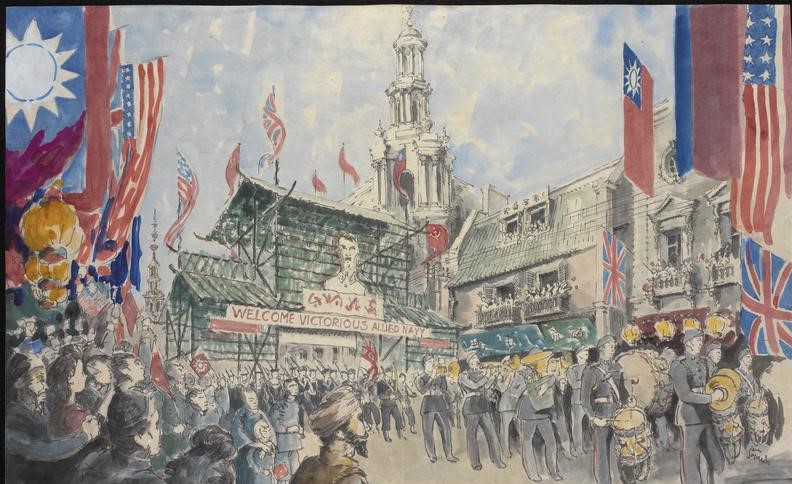
Nanking (old spelling: Nanjing), the Nationalist capital, fell in mid-December 1937 to the Japanese, and the liquidation of that city and its inhabitants became known as the Nanjing Massacre. Six dynasties maintained this town as a national capital. In the story, the town is “painted” with victory after the second Sino-Japanese war. Also, Nanjing is described as “painted” because of its beauty, which is a better analysis when taking the context of this class into consideration.
The Civil War broke out
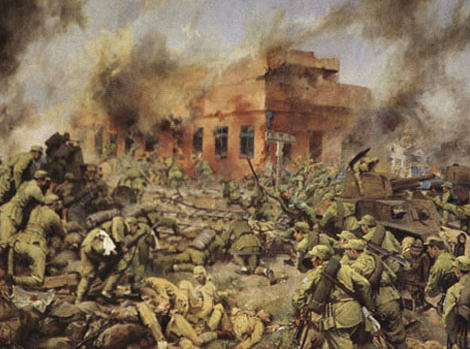
The story happened at a time when Chinese people longed for peace after the Sino-Japanese war, but had to suffer another civil war, which ended with the collapse of the KMT regime in mainland China and KMT’s retreat to Taiwan.
The thirty-seventh year of the Republic [1948]

The Republic Of China (ROC) was a state and republic in East Asia, which ruled the Chinese mainland and Mongolia from 1912, when it was established by the Xinhai Revolution, which overthrew the Qing dynasty, the last imperial dynasty of China, to 1949, when its government fled to Taipei due to the Kuomintang’s defeat in the Chinese Civil War.
Verdancy Chu

At the start of the story, she was an innocent college student falling in love. Her name means green, young and inexperienced. The war changed her and by the end, she did not act young or naive.
Mah-jong
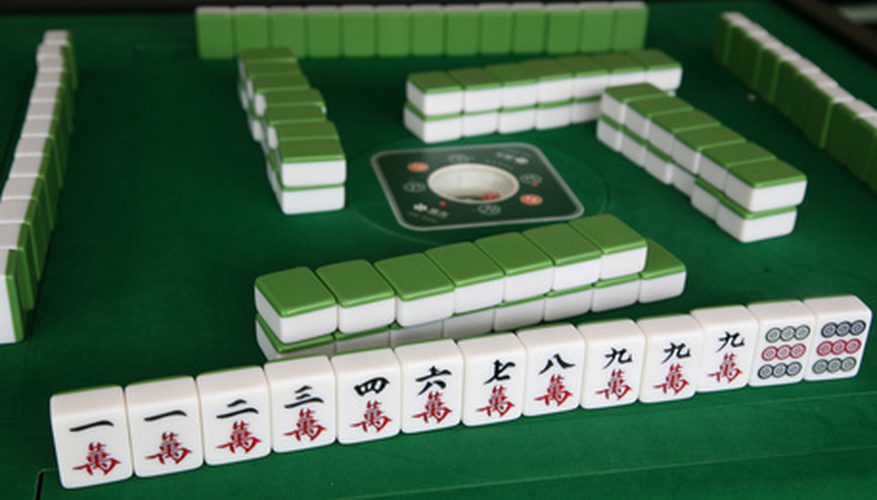
Mah-jong is a tile-based game that is commonly played by four players. It is recognized by its loud noise. Many played it during the war to escape from thinking about it.
“A Touch of Green”

A touch of green can reference a few different things. First, it refers to the small patches of green grass that grow in the cemetery for the pilots. The growing grass is a symbol for Verdancy’s growth throughout the story. It is also the title of a pop song that Verdancy Chu sings. The ending line is a quote from this song, ”If you want to pick flowers, do it while there’s time.”
Junior Ku
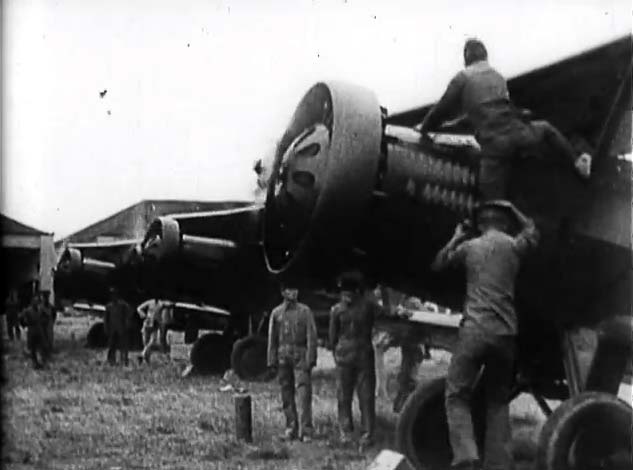
In the story, he is the second man that Verdancy falls in love with. She did not cry when she found out about his death. By this time, she has learned to deal with loss and seperation. This shows her growth from naive girl to mature woman that takes place throughout the story’s plot.
East Benevolence Village
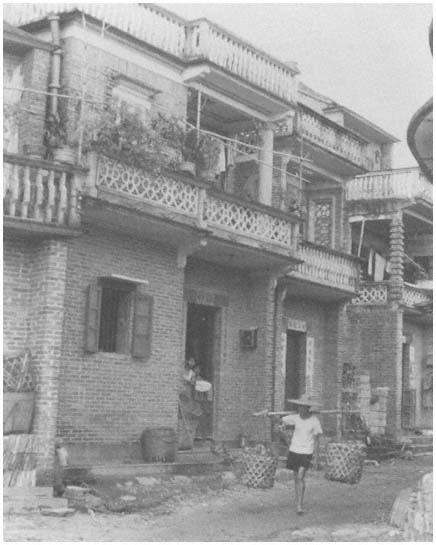
This is where the narrator, Shih-niang, said she lived. She lived in Ta-fang Alley in East Benevolence village. This was one of the housing complexes for the dependents of middle- and lower-rank Air Force men.
Started to flee the war and left Nanking…came to Taipei
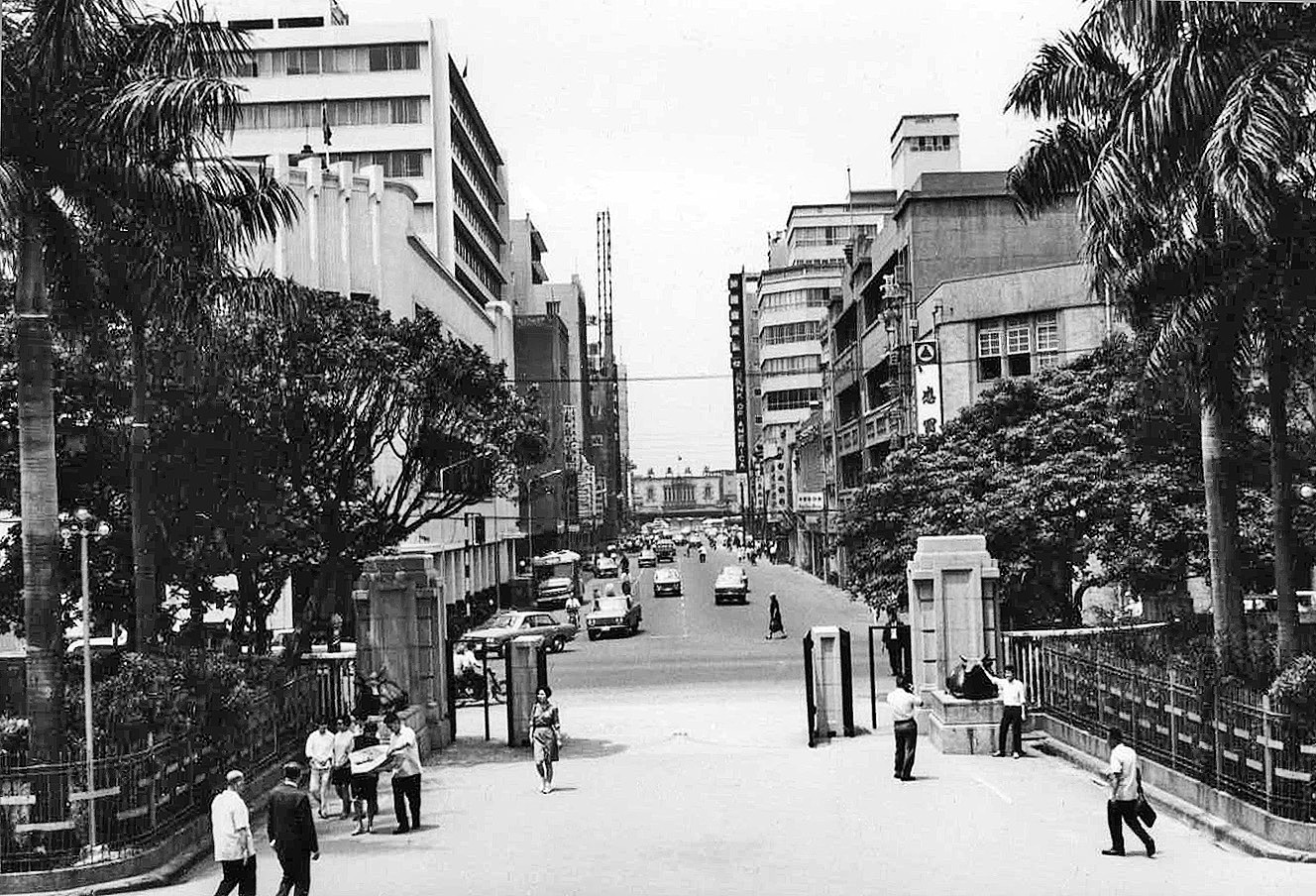
Many people fled China during the civil war and went to Taiwan. This was not only for safety, but many felt hatred and resentment for the Chinese Communist Party.
This housing complex for Air Force families is also called East Benevolence Village
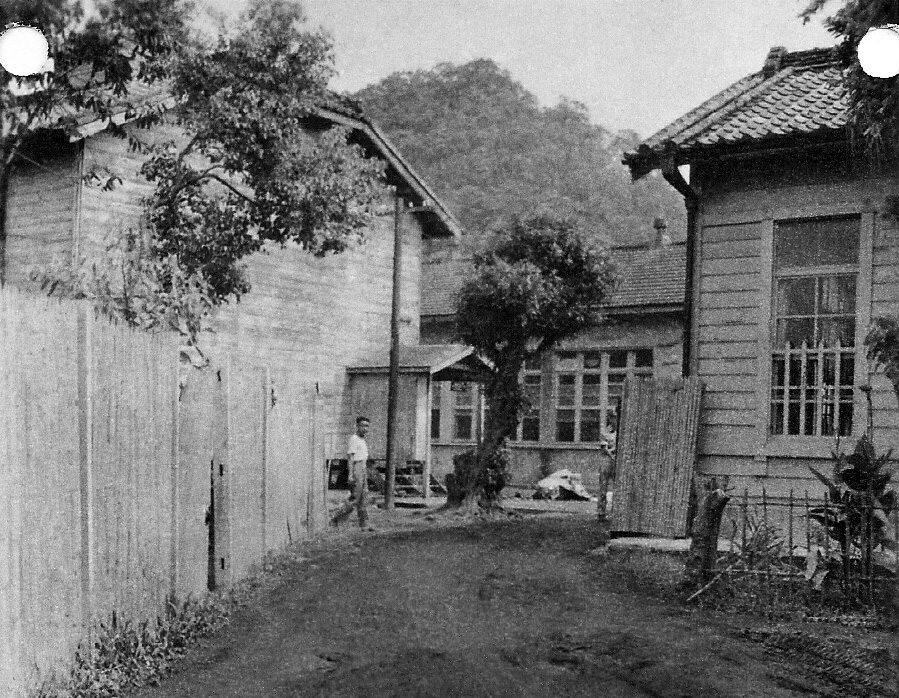
By sheer coincidence, the housing complex for Air Force families in Taipei is also called East Benevolence Village. The story says there’s no connection with the one
in Nanjing (Nanking). Althought this may have been a coincidence, it wasn’t uncommon that people who fled China tried to do things that reminded them of their old homes and towns. People living in this village migrated from all over China.
SU Weizhen, “The End of the Military Family Village”
People in juncun adapted their accents from their ancestors (who they always worshiped but did not have tomb to vist) while they learned new dialects from their neighbors. Although they spoke different accents (Mandarin, Hakka, or Taiwanese) as if they were living in foreign country, they have similar job as professional soldiers: navy, army, air force, military police, joint logistics. A microcosm of China can be viewed through the hometown of these Taiwan-born people, who were called second-generation mainlanders. The names of the communities that these people lived were “Overcome-Challenge Theater” and “Self-Strengthening Women’s League”; juncun, or “military family village,” was the name that given to all these communities.
As a society developed, juncun became a mark of the failure in history, so it needs to be rebuilt and redeveloped as the feeling of belonging in many second-generation mainlanders’ heart. The post-World War II scars raise a question for these second-generation mainlanders: Where is home? We should be loyal to our country, but what is our country? What is the difference between Mainland China and Taiwan?
CHU T’ien-hsin, “The Old Capital”
As said in Long Yingtai’s essay collection Watching You Go, it may be difficult for someone to love his country, but he can still love the people and land (譬如国也许不可爱,但土地和人可以爱). When we are saying we love our country, we can have different definitions with the word “country.” Is it the government that we love? Is it the people that we love? Is it the culture that we love? The struggle that the second-generation mainlanders like Zhu Tianxin have, can probably be solved by answering this question.

Recent Comments